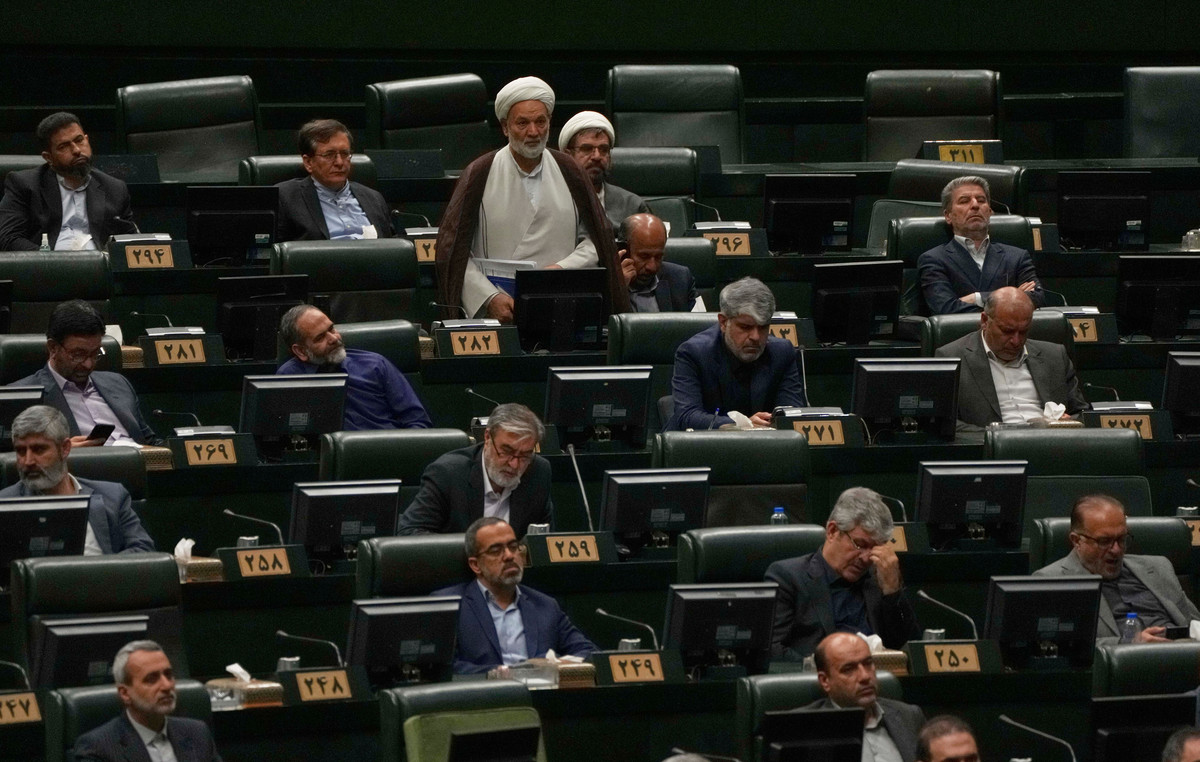The federal government has already received the doses for vaccination against the coronavirus in children aged five to 11 years. Pfizer’s vaccines, approved by the National Health Surveillance Agency for use in children, arrived in the country at dawn on January 13.
After much discussion on the topic, public consultation and hearing, the Ministry of Health included the group in the National Plan for the Operationalization of Vaccination against Covid-19 (PNO). Brazil has about 20 million children in this age group.
According to data compiled by Arpen Brasil (National Association of Registrars of Natural Persons), a Civil Registry Transparency platform, on January 11, registry offices recorded 324 deaths of children aged five to 11 years from Covid-19. In this age group, there were still 77 deaths from Severe Acute Respiratory Syndrome (SARS), 30 from undetermined causes and 57 sudden deaths.
For the president of the Scientific Department of Infectious Diseases of the Brazilian Society of Pediatrics (SBP), Marco Aurélio Sáfadi, there was a “misconception, since the beginning of the pandemic, with regard to the importance of the coronavirus in the pediatric group.”
he told the CNN that “if we forget about Covid-19 in the adult population and focus on what it represents for children, we come to the conclusion that it is a disease of great impact on the pediatric population, with a very large number of hospitalizations, a number of deaths that no disease, which is preventable by vaccine, had.”
Still according to Arpen, the children most affected by the disease were those aged five years, with 65 deaths recorded, followed by those aged six years, with 47 records, by those aged seven and by those aged 11, both with 46 deaths recorded. Children aged 10 years totaled 43 deaths, those aged nine had 40, and those aged eight had 37 deaths.
AT CNN, Delcides Neto, professor of pediatrics at the Federal University of Tocantins (UFT), said that this number cannot be taken as a basis to justify the group’s priority, since “there are many deaths in other age groups below five years and even above of 11.”
Neto also highlights that there may be underreporting in the number of deaths. “In Brazil, we have difficulty in notifying, as we had this last month, an invasion of the systems, the food [de dados] they weren’t cool. But as a whole, Brazil does not report very well,” he said.
Decreasing vaccination
Some municipalities have already started to organize the vaccination schedule for children, as recommended by the Ministry of Health, they should be vaccinated in descending order, that is, from 11 to five years old — prioritizing groups with comorbidity (as well as adults).
Despite this, cities have the autonomy to organize the calendar and not follow the guidelines of the folder.
As the number of younger children dying from Covid-19 is higher, some argue whether there should be priority for the youngest.
Estevão Urbano, an infectious disease specialist at the Minas Gerais Society of Infectious Diseases, told CNN that “the aim of later vaccinating children who may be at even greater risk [de morte por Covid] it is because research is being done later with a focus on these age groups.”
“When you have a new vaccine, it is studied, it demonstrates its safety in adults and then the age group is reduced,” said Sáfadi, from SBP.
AT CNN, Gabriela Bonente, pediatrician and intensivist at Hospital Albert Einstein and Hospital M ‘Boi Mirim, comments that the Covid vaccine was released after studies, but developed as a matter of urgency.
“At the beginning of the pandemic, children were not the population with the highest mortality and so we chose to prioritize adults. Currently, with the emergence of new variants and greater vaccine coverage for adults, they are being more affected,” he said.
Neto, from UFT, believes that the choice of the Ministry of Health, to place vaccination in “decreasing order of age, is perhaps a way of organizing distribution.”
Check out guidelines from the Ministry of Health in the face of the diagnosis of Covid-19
Younger children, higher risk of death
Although younger children are in the highest risk group, SPB pediatrics, Marco Aurélio Sáfadi, says that there are “several infectious diseases that have a greater death toll in young children, such as pneumonia and bronchiolitis, and this has been something that we have seen with Covid-19.”
Sáfadi points out that the “highest death rate, however, has been observed in babies – a group that will not be vaccinated – but other factors, such as prematurity and comorbidities, can increase the risk even more”, he said.
Gabriela Bonente explains that this also happens because “younger children end up being more susceptible to some types of diseases and also to infections in the intra-hospital environment.”
Sáfadi said that the mortality rate in the first year of life is very high in itself, and that, with regard to Covid-19, “some tests for children under five are already taking place, but the results have not yet been compiled, that’s why the vaccine is not yet released for them”, he said.
Still, the pediatrician points out that SARS-CoV-2 plays a leading role as a cause of death. [nas crianças].”
Pediatric multisystem inflammatory syndrome
In addition to having a weaker immune system, younger children face another post-Covid challenge: pediatric multisystem inflammatory syndrome (SIM-P).
SIM-P is a complication of SARS-CoV-2 infection in the population aged 0 to 19 years, characterized by a delayed and exacerbated inflammatory response that usually occurs days or weeks after Covid-19.
Although rare, it is a potentially serious disease and most cases require admission to an intensive care unit (ICU).
According to data from the Ministry of Health, there were 1,377 cases registered between 2020 and 2021, with the highest number of notifications being in children aged one to four years, affecting 456 children, or 33.1% of the total.
The folder also reports that there were 84 deaths from the syndrome during this period and that children aged five to nine years were the most affected, with 23 deaths.
Pediatrician specializing in pulmonology Ingrid Teixeira, told CNN that SIM-P is an exacerbated response of our immune system to infectious agents.
“This is one of the reasons for the number of deaths among children, as they still have their immune system in formation and do not have such a strong response. It is this exacerbated “immune response” that many of us have that can lead to the severity of the disease. The cascade of inflammatory cytokines that we release to fight the infectious agent is lower in children,” he explains.
Sáfadi highlights many children who survive Covid have sequelae of the disease and are affected by SIM-P. “SIM-P is such a complication that most children who were affected were healthy. It is relatively rare within the context, but it is also a relevant scenario, there are more than a thousand hospitalizations of this syndrome, with a lethality of 6%”, he said.
The president of the Scientific Department of Infectious Diseases at SPB says that most of these children will need post-Covid therapy. “They will need intensive care because of the neurological and cardiac sequelae,” he said.
Ingrid Teixeira emphasizes “that it is important that children are closely monitored by a pediatrician, preferably regularly. In this way, the professional will be able to identify any adversity and, if necessary, adopt interventionist measures before the inflammatory response becomes multisystemic, preventing the disease from worsening.”
The Ministry of Health launched a national monitoring platform for the occurrence of SIM-P associated with Covid-19, on July 24, 2020.
The signs observed in the post-coronavirus situation involve:
- Presence of high and persistent fever for three days;
- Non-purulent conjunctivitis;
- Inflammation in the oral cavity, feet and hands;
- Low blood pressure or shock;
- Manifestations of myocardial dysfunction, such as rapid heartbeat;
- Acute gastrointestinal problems (diarrhoea, vomiting or abdominal pain).
In case of any symptoms, look for the health unit.
Pediatrician Ingrid Teixeira says that post-Covid-19 care involves maintaining good levels of vitamins, minerals, antioxidant and immunomodulatory substances in the body, in an attempt to prevent a multisystem inflammatory response, as well as health problems in general.
Reference: CNN Brasil







